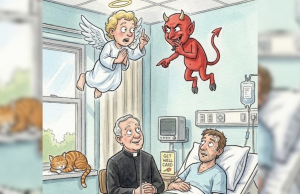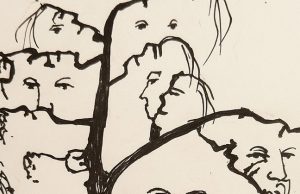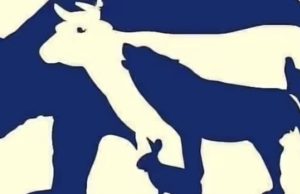IF you’re looking for a fun way to learn something new, then try your luck with this tricky brainteaser.
Brits are being challenged to find the worm hidden among the birds, but you’d need to be sharp-eyed to spot it.
Can you spot the tiny worm? On average it takes users 30 seconds to spot it.
 Credit: Nest Friends
Credit: Nest Friends
In the image, every British bird has been turned into a bright bold character which simplifies their markings to help children, and adults, spot them easily.
But hidden among the colourful birds is a small worm hidden to be found – so take a look and see how long it takes you to spot it. Can you do it in less than 30 seconds?
This illustration has been created to mark the launch of a new website Nest Friends which helps parents teach children in a fun educational way about the variety of birds there are across the UK.
In doing so, little ones can keep track of how many they may see in the garden, while on a walk, or looking out of a window.
The answer is below, but no peaking until you’ve had a go yourself. When you’re ready scroll down.

Rick Oliver, 35, from Kings Hill in Kent came up with the idea at the start of lockdown.
He said: “I created it as a way of keeping young children entertained during the lockdown measures that have been put in place.
“It offers parents some simple tools to help keep their little ones occupied as well as giving them free fun activities they can do together.
“I came up with the idea of the bird’s names when learning about their scientific names.
“They are very tricky to remember so I thought they could be inspired by their scientific name – for example Mervin & Ula the Blackbirds are inspired by the scientific name ‘Turdus Merlua’ and Becca the Robin is taken from ‘Erithacus Rubecula’.
“My personal favourite is Hula the Bullfinch taken from ‘Pyrrhula pyrrhula’.”




















